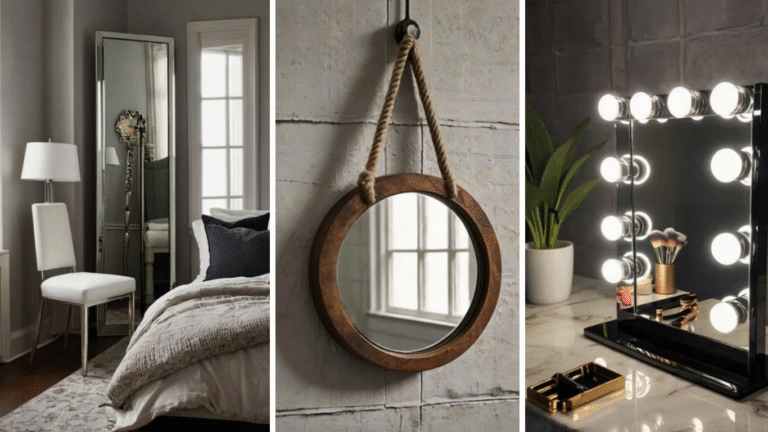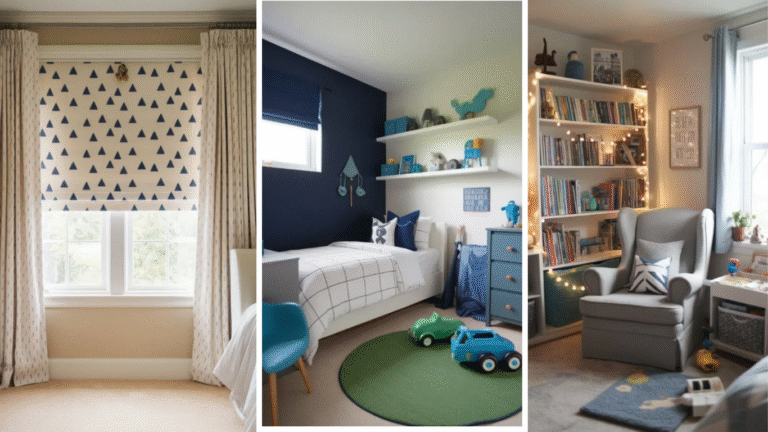21 Bedroom Mistakes That I Have Tested and Ruin Your Sleep
Getting good sleep is super important for your health. But sometimes, even if you go to bed early, you still can’t sleep well. This could be because of small mistakes in your bedroom that you don’t even notice. The good news? These problems are easy to fix.
Here are common things people do in their bedrooms that make it harder to sleep—and how you can fix them.
1. Keeping Your Bedroom Too Warm

If your room is too hot, it can be hard to fall asleep. Your body needs to cool down at night. Try keeping your room between 60–67°F (15–19°C). Lowering the heat just a little can help you sleep better.
2. Using Phones or TV Before Bed

Looking at screens right before sleep makes your brain think it’s still daytime. This is because screens give off a kind of light that stops your body from feeling sleepy. Try turning off screens at least 30 minutes before bed. You can read a book or listen to quiet music instead.
3. Sleeping on an Old or Bad Mattress
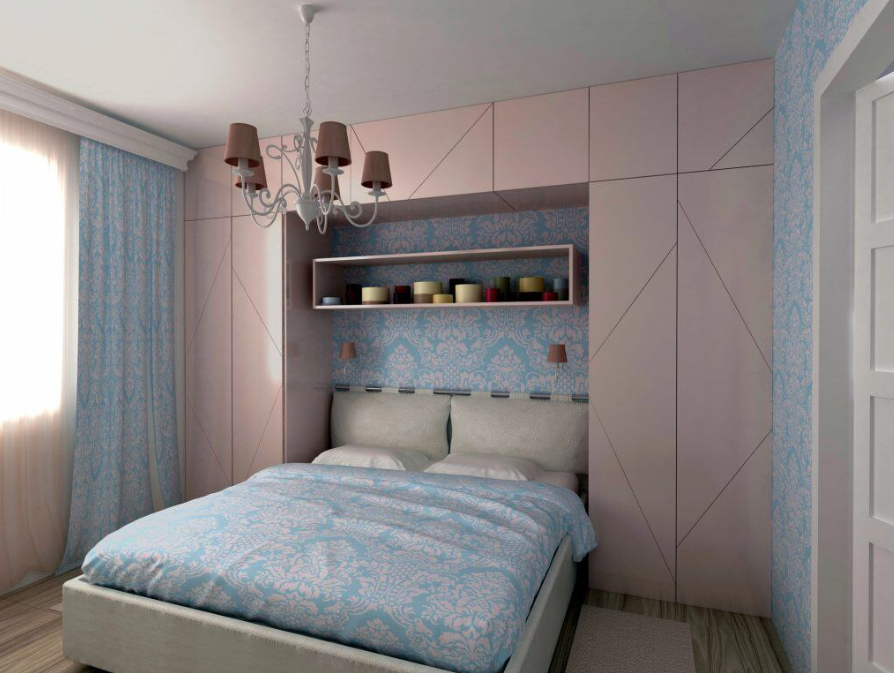
If your bed feels lumpy or hurts your back, it might be time for a new one. A good mattress should support your body and feel comfy. If you wake up with pain or feel tired, your mattress could be the reason.
4. Going to Bed at Different Times Every Night

If you go to sleep at different times every night, your body gets confused. Try to go to bed and wake up at the same time every day—even on weekends. Your body will get used to the routine and you’ll fall asleep easier.
5. Lights in the Bedroom
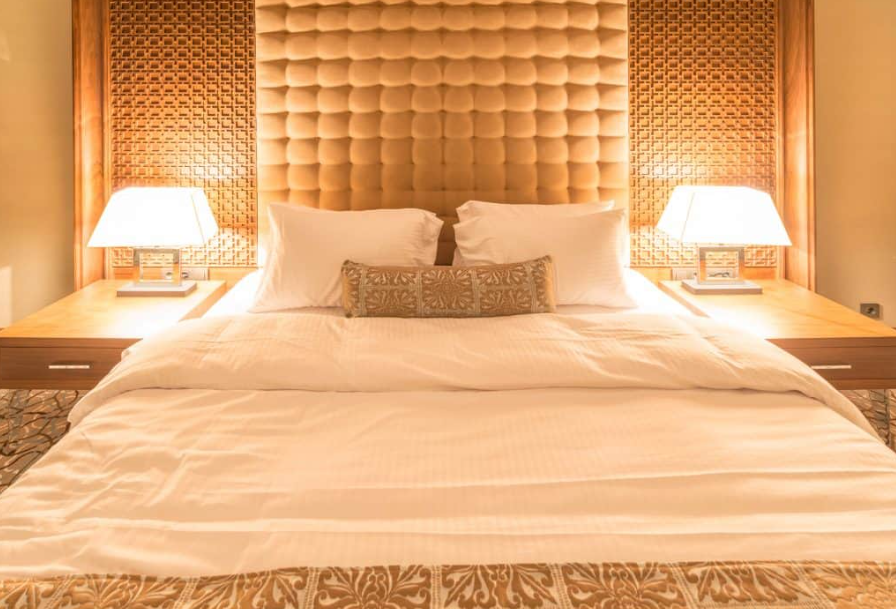
Even small lights in bedroom can mess with your sleep. Light from TVs, chargers, or outside your window tells your brain to stay awake. Use blackout curtains or a sleep mask to keep your room dark. Cover up small lights if you can.
6. Drinking Alcohol to Sleep

Alcohol might help you fall asleep quickly, but it makes your sleep worse later in the night. You may wake up more often or feel tired in the morning. Instead of alcohol, try warm milk or herbal tea before bed.
7. Sleeping With Pets in Your Bed

Pets can be cute, but they often move around a lot and wake you up. If your dog or cat is disturbing your sleep, try making a cozy spot for them next to your bed instead.
8. Working or Exercising Right Before Bed
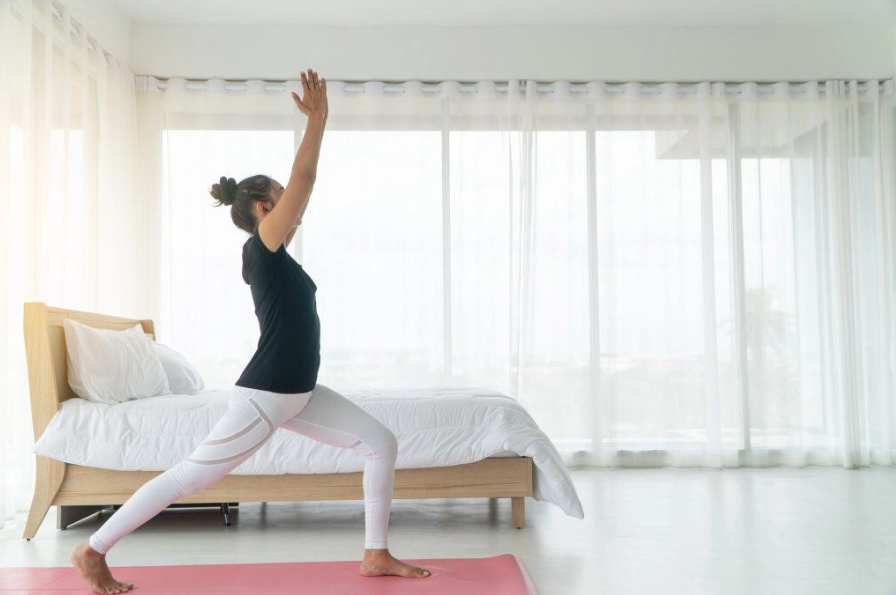
If you’re checking emails or working out right before bed, your brain stays active and alert. Try to stop these activities at least an hour before sleep. Do something calm instead—like reading or taking a warm shower.
9. A Messy Bedroom

A cluttered room can make your mind feel busy. Try to keep your bedroom clean and neat. A clean room helps your brain relax and tells your body it’s time to sleep.
10. The Wrong Pillow

Your pillow should match how you sleep. If you sleep on your side, you need a thick pillow. If you sleep on your back, a medium pillow is better. And if you sleep on your stomach, a thin pillow (or none at all) might work best.
11. Dry Air

If the air in your room is too dry, it can make your throat or nose feel sore. This happens a lot in winter. A small humidifier adds moisture to the air and helps you breathe better while sleeping.
12. Using Your Bed for Other Stuff

Try not to eat, work, or watch TV in bed. Your bed should be for sleeping only. This helps your brain learn that bed means bedtime, not playtime or work.
13. Too Much Caffeine

Drinks like coffee, soda, or some teas have caffeine, which keeps you awake. Try to stop drinking them by early afternoon. Even chocolate can have caffeine, so be careful with late-night snacks.
14. Loud Noises

Sounds like cars, dogs, or loud neighbors can wake you up even if you don’t fully notice. Try using a white noise machine, a fan, or soft music to cover up sounds. Earplugs can also help.
15. Dusty Air
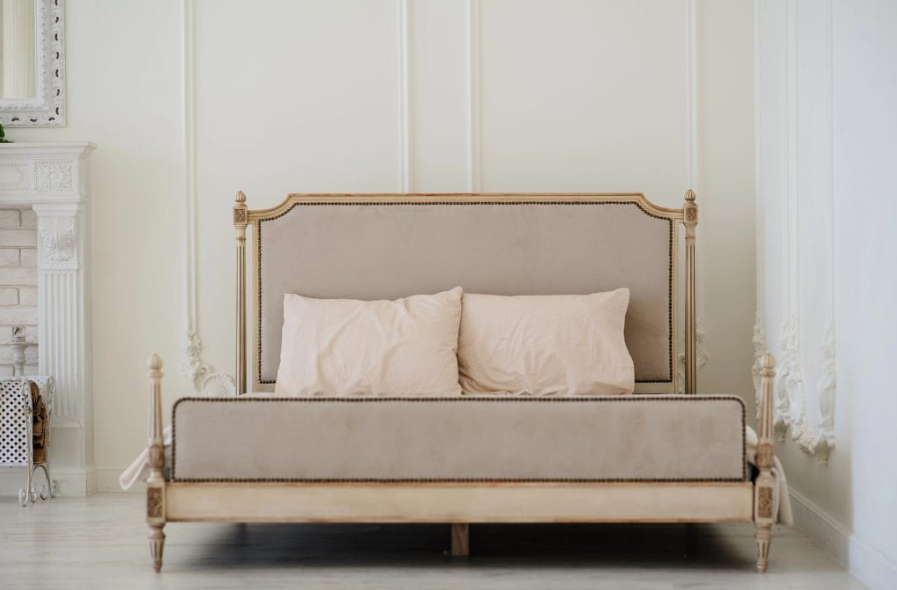
If the air in your room has dust or allergens, it can bother your nose and make it hard to sleep. Use an air purifier or open the window when the air outside is clean. Keep your room clean and wash your sheets often.
16. Bright Bedroom Lights

Bright lights before bed tell your brain to stay awake. Use soft, warm lights in the evening. You can also use small lamps instead of ceiling lights, or dim the lights an hour before bed.
17. Snoring or Breathing Problems
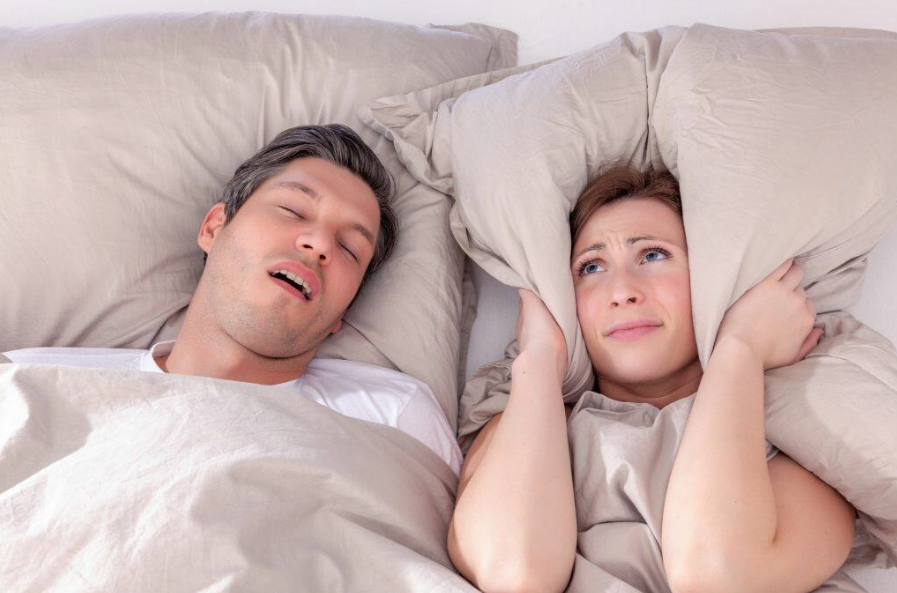
If you snore loudly or stop breathing while you sleep, it’s a big problem. This could be a sign of something called sleep apnea. Talk to a doctor. There are ways to treat it and help you sleep better.
18. Uncomfortable Bedding

Rough sheets or heavy blankets can make you too hot or itchy. Try using soft, breathable materials like cotton or bamboo. If you get too hot at night, use a lighter blanket.
19. Eating a Big Meal Before Bed

Eating too much close to bedtime can make you feel uncomfortable. Try to eat dinner 2–3 hours before bed. If you’re hungry later, a small snack like a banana or crackers is better.
20. No Bedtime Routine

Going straight from being busy to trying to sleep is hard. Your body needs time to relax. Try doing the same calm things each night—like taking a shower or reading—so your body knows it’s time to rest.
21. Sleeping on Dirty Sheets
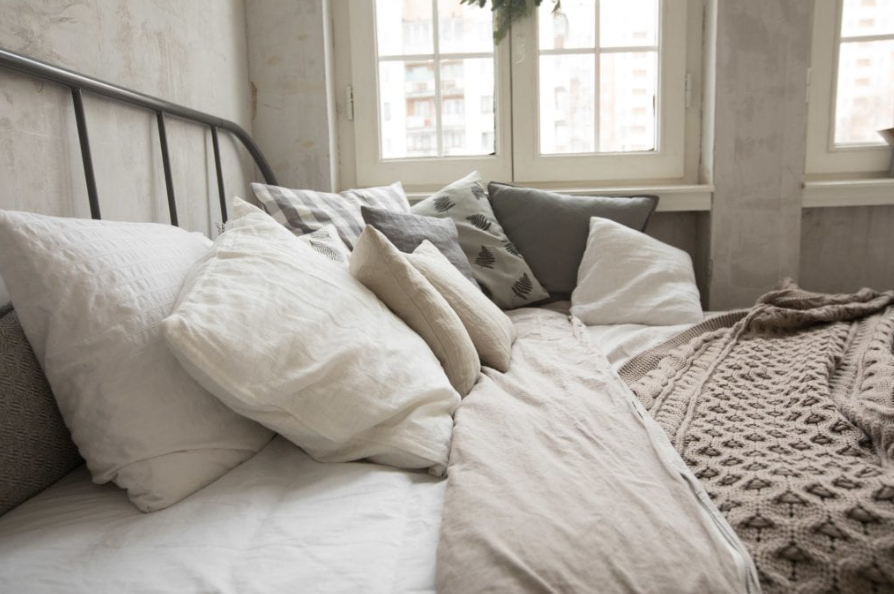
Dirty sheets can cause allergies and make you feel itchy. Try to wash your sheets and pillowcases once a week in hot water. Clean bedding helps you sleep better and feel fresh.
Make Your Bedroom Feel More Complete
Fixing bedroom mistakes isn’t just about moving things around. Sometimes, the room just needs a little more style. If your bedroom feels plain or empty, adding a theme can help. Take a look at our Western bedroom ideas for easy ways to make your room feel warm, cozy, and nice to relax in.
Conclusion: ( Bedroom Mistakes )
You don’t have to fix everything at once. Start with one or two of these tips and see how you feel. Small changes can make a big difference. Good sleep helps your body, your mood, and your mind. A few smart bedtime habits can help you rest better and feel great during the day.
Let your bedroom be your happy, cozy place to relax and sleep well.


